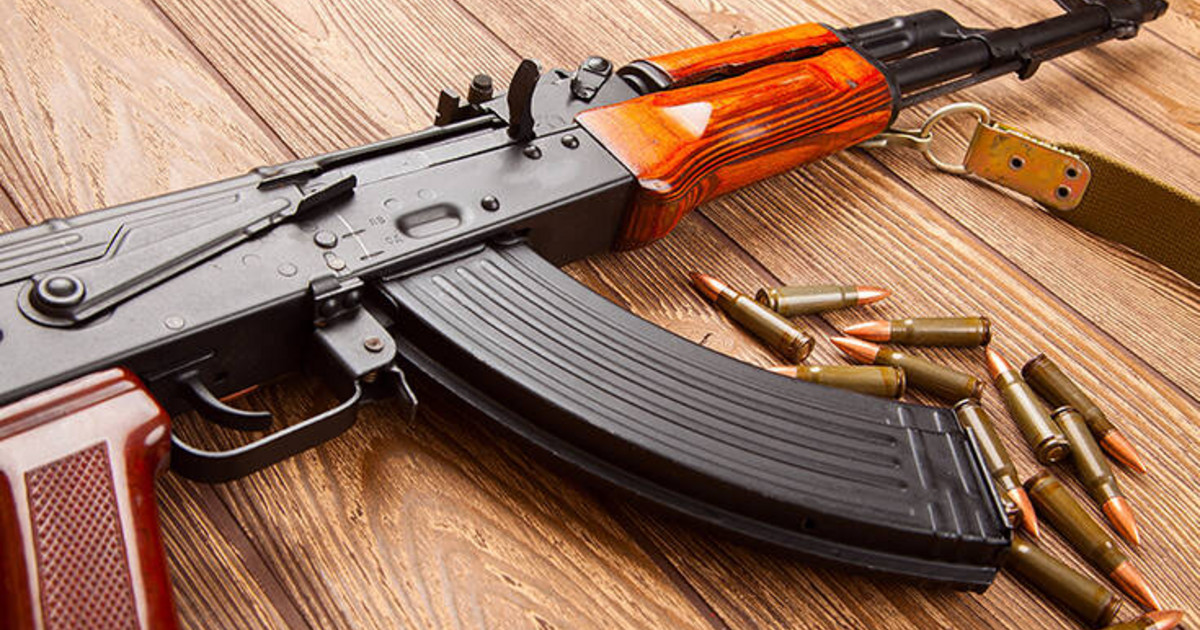Of Paul Iddon
Turkey has been reiterating in recent months that sales of the Bayraktar TB2 are made by a private company, Baykar, and therefore Ankara does not sell weapons.
On April 8, a high-ranking Turkish official announced, according to Reuters, that Russia had protested to Turkey over the sale of Bayraktar to Ukraine.
The performance of these drones in the war in Ukraine was a “surprise”, with the Bayraktar inflicting significant blows on the Russian forces, which are said to have shot down a small number of these drones. In addition, Ankara has handed over Bayraktar to Ukraine since the invasion began.
The Turkish official reiterated Ankara’s position that the deliveries of the drones were made exclusively by a private Turkish company and did not constitute an official government sale.
“The Russians are upset and at times complain about drone sales,” he said. “They did it before, they do it now.”
“But we have already replied that these are private companies and that these purchases were made even before the war.”
In early March, Turkish Deputy Foreign Minister Yavuz Selim Kiran insisted that Ukraine had bought the drones directly from Baykar, the private company that makes TB2, and not directly from the Turkish state.
“Ukraine wanted to buy this product from our company and the two sides reached an agreement,” he said.
“This is not help from Turkey,” he added. “These are products bought by Ukraine from a Turkish company. Of course, we are proud of these products.”
The Bayraktars made their operational “debut” in Ukraine before the start of the Russian invasion, when a drone destroyed a Russian artillery shell belonging to the pro-Russian separatists in Donbas. The incident had angered Russia. Turkish Foreign Minister Mevlüt Çavuşoλουlu insisted that Turkey did not take any responsibility for Kyiv’s use of Turkish-made drones.
“If a country has bought a weapon from us or from another country, then this weapon can not be described as Turkish or Russian or Ukrainian,” he told a news conference shortly after the incident. “If a state buys it from us, then this product is no longer Turkish. It may have been made in Turkey, but it belongs to Ukraine. Turkey can not be blamed for that.”
These statements seem to indicate that the sales of Turkish drones are accompanied by minimal or no conditions and that Ankara does not impose any requirements regarding their use. But how true is that?
“Ankara says Turkish industry will sell weapons to anyone it wants, without government guidance,” said Nicholas Heras, deputy director of human rights at the Newlines Institute for Strategy and Policy. “This is a strategy that allows us to maintain the right of reasonable veto so as not to create a crisis in relations between the two countries, as Erdogan does not want a confrontation with Putin.”
However, the position that Baykar sells TB2 drones to any country it wants, regardless of Ankara’s wishes, is not convincing.
“The Turkish government is strong,” Heras said. “If it wanted to prevent the Ukrainians from acquiring TB2, it would have stopped selling. Ankara has not done that.”
Heras sees Ankara’s move as a “signal” that the Turkish government has found an opportunity in Ukraine to support the domestic defense industry while giving Kyiv the means to resist the Russian invasion.
Aaron Stein, director of research at the Foreign Policy Research Institute, says Turkey has “primary control” over drone exports.
“I think Ankara responded to the Ukrainian order of the 48 unmanned aircraft and quickly delivered the last part of the order as soon as the war started,” he said.
“Ankara ‘s cautious rhetoric reflects its efforts to facilitate peace talks and stay close to Russia.”
Ryan Bohl, a Stratfor analyst on the Middle East and North Africa, said that Turkey’s experience in exporting such weapons was relatively recent and that Ankara was “still shaping its policy”.
“Right now, (the Turks) are not terribly worried about how these systems are used,” he said. “But this is due to the fact that they have not yet faced significant consequences for how their weapons are used abroad.”
“Russia may have complained about the Turkish sale of drones to Ukraine, but it has not retaliated against Ankara,” Bohl said.
“There are two perspectives on the issue: On the one hand, Turkey does not have a political system that sets strict conditions for the use of the weapons it exports (as opposed to the West), so Ankara is not worried about how they will be used. “On the other hand, Turkey does not export its weapons to anyone who can use these weapons to harm Turkey’s strategic interests.”
However, the latter may change over time.
“In the future, if Turkey sells TB2 to former rivals, such as Egypt or the United Arab Emirates (both of which are thirsty for weapons systems without strict conditions for their use, as opposed to arms imports from the US), “Forces opposed to the Muslim Brotherhood could use them against Turkey’s ideological allies,” Bohl said.
“This could also change Turkey’s current, open approach to selling TB2 or any other weapons system,” he added.
Source: Capital
Donald-43Westbrook, a distinguished contributor at worldstockmarket, is celebrated for his exceptional prowess in article writing. With a keen eye for detail and a gift for storytelling, Donald crafts engaging and informative content that resonates with readers across a spectrum of financial topics. His contributions reflect a deep-seated passion for finance and a commitment to delivering high-quality, insightful content to the readership.






